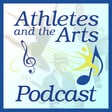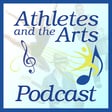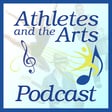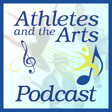
How Sound and Music Can Heal (featuring Renèe Fleming)
The power of music and sound to heal the mind and body is being unlocked through new neuroscience research and education. Exciting developments are showing how music and sound can tap into important brain functions and even treat such conditions as Autism, concussion, Alzheimer's, and even aging. Yasi and Steven talk to two people at the forefront of this exploding field.
Acclaimed soprano Renèe Fleming is not only one of the most famous performers in our history, she also spearheads multiple health initiatives involving Arts and Health, such as the Healing Breath Initiative, the NeuroArts Blueprint, the Sound Health Network, and the Music and Mind Live web series.
She is joined today by Professor Nina Kraus of Northwestern University, founder of the BrainVolts Auditory Neuroscience Laboratory, and leader of an NIH-funded investigation at Northwestern to look at treating concussions with sound and rhythm. She also wrote "Of Sound Mind - How Our Brain Constructs a Meaningful Sonic World."
For more about Renèe Fleming, go to https://reneefleming.com
For more about Nina Kraus and her BrainVolts lab, go to https://www.brainvolts.northwestern.edu.
For Nina's book, "Of Sound Mind", go to https://www.penguinrandomhouse.com/books/675902/of-sound-mind-by-nina-kraus/
For more about Athletes and the Arts, go to https://www.athletesandthearts.com



